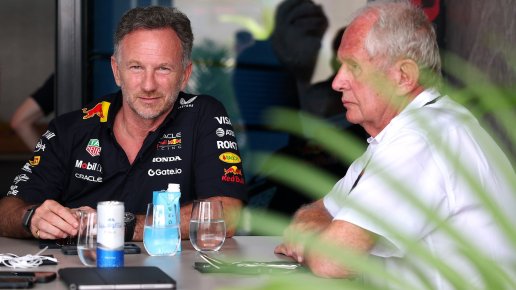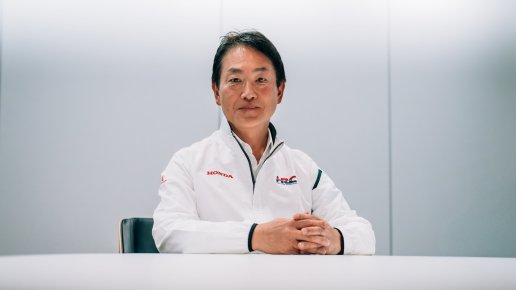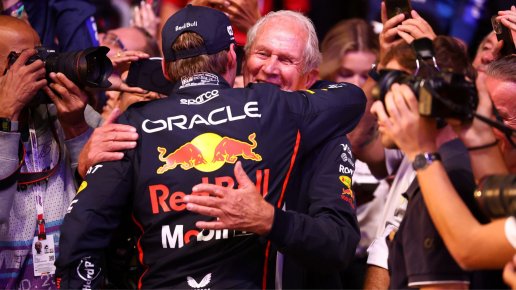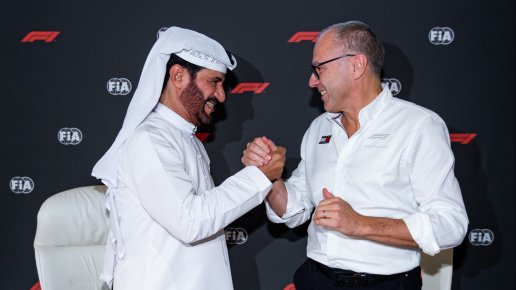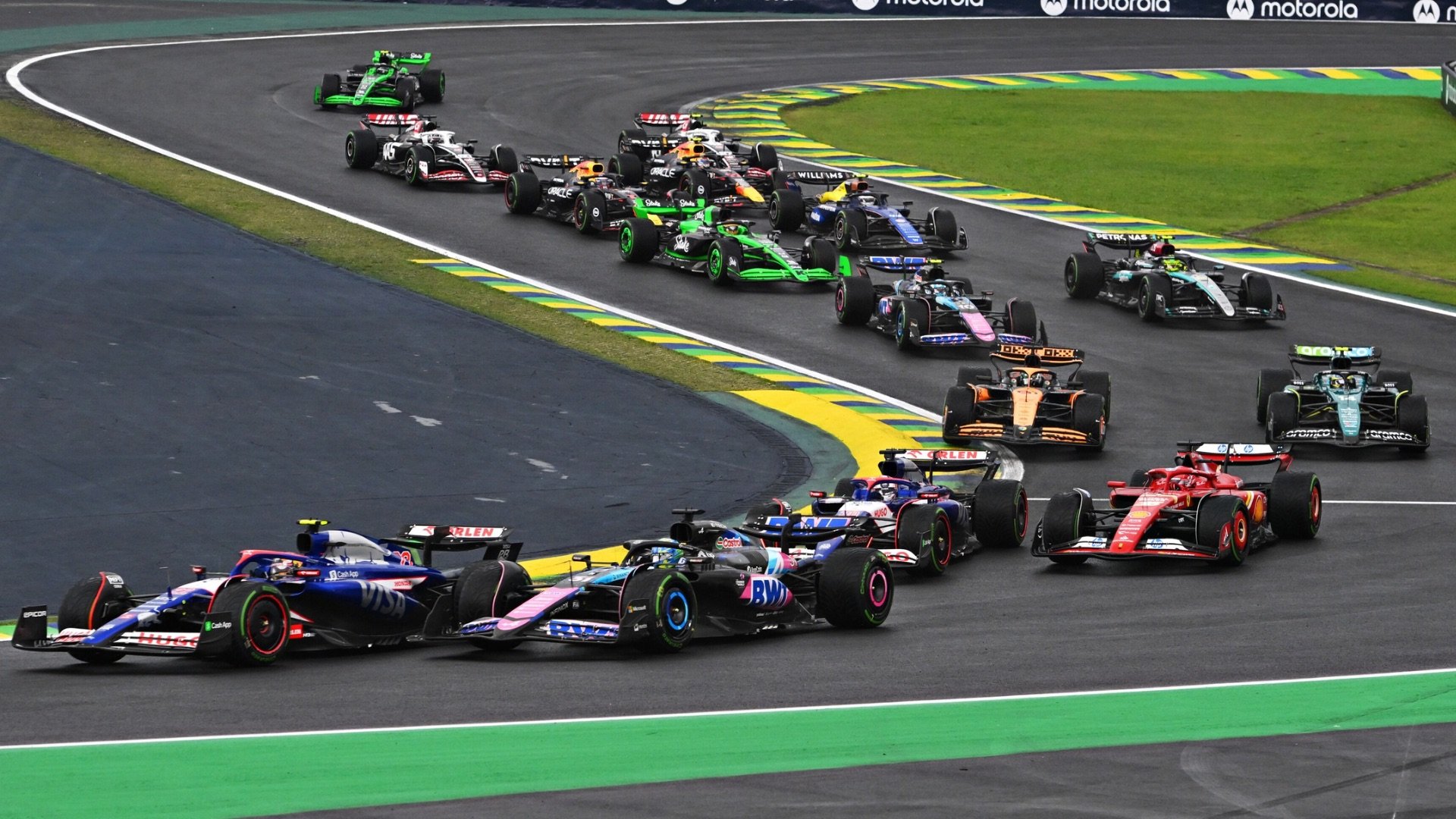
Photo: Getty Images / Red Bull Content Pool
What rules and regulations are new for the 2025 F1 season

The 2025 Formula 1 season introduces some important changes designed to improve driver safety, make the races more exciting, and make the sport more fair for all teams. These changes cover the technical side of the cars as well as the rules for how races are run and testing limitations.
F1 & MotoGP news to your inbox every day.
Technical regulations
1. Minimum weight adjustment
To make sure taller drivers have a fair chance, the minimum driver weight allowance has been increased from 80 kg to 82 kg. This change also raises the minimum weight of the car slightly, from 798 kg to 800 kg. This small change helps create a more equal playing field for all drivers, regardless of their size.
2. Driver cooling system
In very hot conditions (above 30.5°C), cars will now have to include a cooling system to help the drivers stay safe and comfortable. This new rule means that the car's minimum weight will increase by 5 kg to fit the cooling equipment. The goal is to reduce the physical strain on drivers during races in extreme heat, improving both safety and performance.
3. DRS changes
The DRS system, which helps drivers overtake by adjusting the rear wing, is getting a few changes. The gap in the rear wing’s DRS slot will be slightly smaller, which means there will be a little less power to help drivers pass each other. Also, there will be stricter rules to make sure the rear wing automatically returns to its normal position after DRS is deactivated. This ensures that the system works as intended, making racing fairer.
WHAT ELSE IS NEW IN 2025?
Driver line-up changes, pre-season events, calendar reshuffles and more...
Sporting regulations
1. Fastest lap point removal
The point for the fastest lap, which was introduced in 2019, will no longer be awarded starting in 2025. This change removes one of the incentives that could distract teams from focusing on finishing the race in the best possible position. Without the fastest lap point, teams can concentrate more on overall race performance.
2. More opportunity for young drivers
To help develop new talent, teams are now required to let a young driver take part in two free practice sessions each season, per car. This will give younger, less experienced drivers the chance to learn from being in an F1 car during official sessions, while also giving teams a fresh perspective during practice weekends.
3. Testing restrictions
F1 is limiting the amount of testing teams can do to reduce costs and make the competition fairer. Teams are allowed just 20 days of testing with last season's car, and active drivers can only drive for 1,000 km during four days of testing. Testing at race venues is also banned within 60 days of a race. These limits are aimed at keeping things fair and preventing teams from gaining too much of an advantage from testing.
4. Qualifying backup plans
In case qualifying has to be canceled for any reason, there’s a new backup plan for deciding where drivers start the race. The grid will be based on the current standings in the Drivers' Championship. If the standings aren’t available (such as at the start of the season), the race stewards will have the discretion to decide the starting order. This new rule helps make sure the race can go ahead smoothly even in unexpected situations.
5. Grid adjustments
The final starting grid will now be locked one hour before the race. If a car withdraws from the race up to 75 minutes before the start, it will not appear on the grid, and the other cars will move up to fill the spots. This rule helps keep the grid organized and ensures that everything is in place before the race begins.

